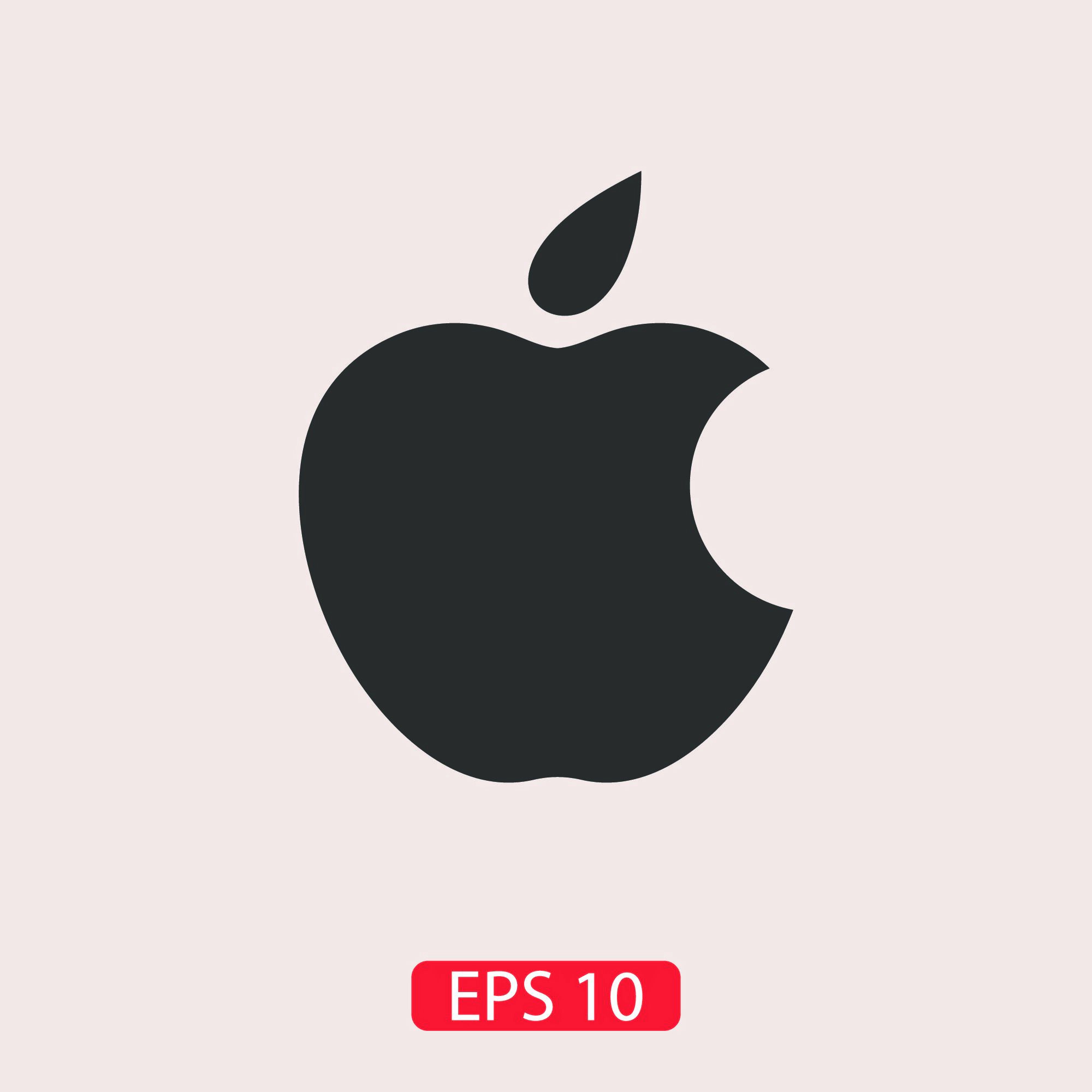Restaurant Accounting 101: Manage Your Bookkeeping Like a Pro

The New York City restaurant dining and beverage industry is fiercely competitive, and restaurant owners and hospitality groups face a diverse range of complex regulatory and accounting challenges. As a restaurateur, bookkeeping for restaurants hotel, or food and beverage operator, you know that the guest’s experience with your brand has a direct effect on your success. Holding to your vision in a competitive, margin-sensitive industry is critical.
Learn How We Can Impact Your Business Growth
- Restaurants must constantly order and reorder food, cooking supplies and other items used in daily operations.
- Then, regularly adjust your inventory records to reflect the usage of these items.
- Fixed costs are the costs that either don’t change or you have no control over the change.
- With automated low-stock notifications and quick re-ordering, you’ll never run out of crucial ingredients again.
- Alternatively, overestimating your income could cause overspending because you weren’t working with an accurate budget.
- If your restaurant has more than $1 million in revenue, switching to accrual is best.
Although restaurant accounting is similar to standard accounting in some ways, there are also industry-specific factors every restaurant needs to manage well. But when you do have an unexpected expense, you’ll know where to place it in your profit and loss statement. What’s more, even the most successful chefs can fail if they don’t know how to manage restaurant accounting.
Streamline Your Restaurant’s Workforce Management with Shiftbase
By connecting seamlessly with your POS, accounting software automates the collection and organization of financial data and transactions. Because recording income ahead of expenses makes your restaurant seem more profitable than it is. You should review your prime costs, CoGs, inventory counts, and labor on a weekly basis, not a monthly basis. These KPIs are controllable, but they can also easily get out of hand if not monitored.
Use Restaurant Accounting Software
We offer tax minimization strategies and structures that have been proven and used successfully with other clients. Our restaurant technology consulting insights can make a significant difference in improving operating margins. From sales tax audits to menu engineering to capital structure, Bookkeeping Chef is the ideal tax partner to outsource some of your core accounting and financial management duties.
- You’ll likely have an intuitive sense of which platform best meets your needs on all these fronts.
- By integrating Shiftbase into your operations, you can streamline your workforce management, saving time and reducing errors, which positively impacts your overall financial health.
- Record a separate daily sales entry for each day (not monthly or weekly).
- In a business that is all about execution, accounting software that automates financial tasks can prove especially useful.
- They also help businesses to comply with financial regulations, such as tax laws, and manage potential risks.

In leasing commercial space for a restaurant, square footage is extremely valuable. Outsourced restaurant accounting firms already have years of experience and can provide comparative data. Maybe one “con” to outsourcing bookkeeping is some owners really having a person sitting next to them or close by that he or she speak with easily. This person can go right to the bookkeeper and have him sign a check or answer a question right away. And smaller restaurants like to handle their own bookkeeping, but there are plenty of outsourced hospitality accountants that do it reliably. Will your wait staff work for tips, or will you add gratuities to every bill?
How to set up restaurant payroll
Is your restaurant a single location or a small chain with multiple locations? Do you only serve food onsite and get paid at the POS or do you also send invoices to catering clients? These questions will determine which features you need in your accounting and invoicing software.
Different types of expenses
You may also need to consider the cost of credit card processing if you expect to offer customer payment options through your accounting software. Of course, the best POS systems for restaurants more seamlessly handle guest payments. That said, if your restaurant also sells merchandise or grocery supplies online, enabling online payment through your accounting software might be smart. This incurs payment processing fees that typically cost 1.5 to 3.5 percent of each transaction plus a small flat fee. Yes, FreshBooks is good for restaurants, especially for small businesses in the hospitality sector.
Profit and Loss (P&L) Statement
You need software that presents your true financial position to make informed and savvy decisions. Restaurant accounting is the system of recording, analyzing, and interpreting financial data for a restaurant. Third-party delivery apps, such as Grubhub, DoorDash and Uber Eats, send you money after subtracting fees, sales tax and other costs.
- Deluge is designed for non-programmers, although Zoho offers users access to a technical team that can help you create what you need.
- Since accounting is complicated and the restaurant industry is unique, the professional you choose should be an expert in both.
- Account reconciliation also catches accounting errors and keeps track of your transactions.
- However, it may not always accurately represent your financial position, as it doesn’t consider any outstanding debts or invoices.
- You must record precise amounts of money for every expense and all revenue.
- By mastering the basics, you’re not just keeping tabs on your profits and expenses; you’re gaining insights into the financial performance of your establishment.
- Standout features include the ability to create inventory lines for one product; we like the possibilities this opens for analyzing each of your menu items.

What’s more, accurate inventory management leads to fewer accounting errors. It is therefore imperative to your success that you strive for precise inventory counts at all times. In order for a restaurant to be profitable, it needs more than a solid concept and talented chef.

